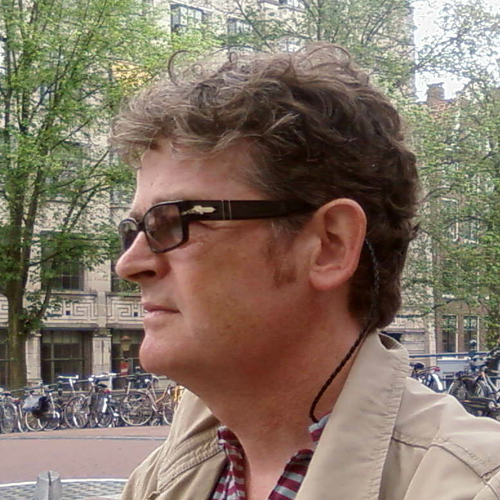
Laurence Kell
Director SEA++
I have broad experience in the assessment and management of a variety of fish stocks and fisheries for target, bycaught and endangered species. I helped pioneer the use of simulation modelling to develop robust management strategies for European and Atlantic fisheries while working in a variety of international bodies, for example as the Population Dynamics Expert at the International Commission for the Conservation of Atlantic Tuna. Research interests include model validation, simulation testing and Ecological Risk Assessment.
Throughout my career I have collaborated widely with scientists from a variety of disciplines and helped to developed approaches to improve dialogue with stakeholders and decision makers. I have won and coordinated a variety of multi-disciplinary projects on fisheries management, software development, capacity building, participatory modelling, Management Strategy Evaluation and Risk Analysis.
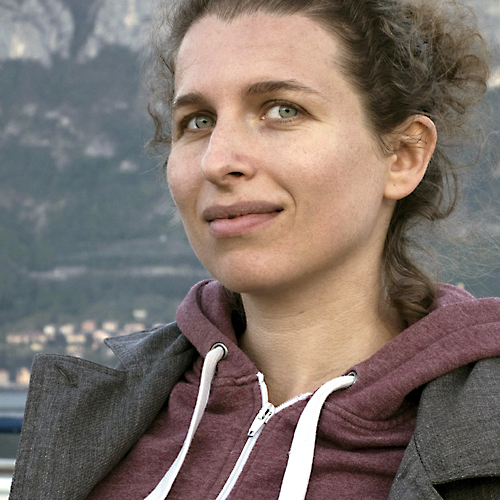
Polina Levontin
Risk Modelling and Visualisation
My research focuses on policy-makers’ use of scientific advice involving uncertainty. My interests include how to improve reasoning around uncertainty by accounting for its socio-cultural aspects. My experience spans academic research and consultancy (FAO, ICES, MSC, ICCAT and others), and most of the projects I have worked on are interdisciplinary, requiring an understanding of diverse fields in order to collaborate with ecologists, statisticians, economists, anthropologists, psychologists, and graphic designers.
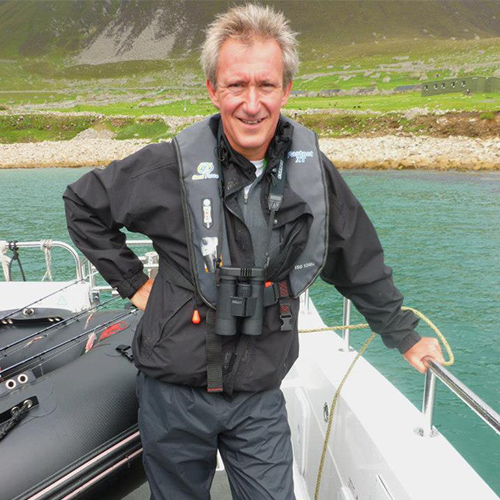
Adrian W. Leach
Research Scientist
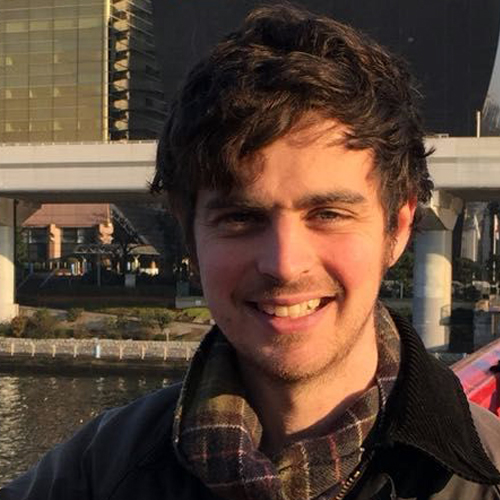
Alexander Kell
Data Scientist
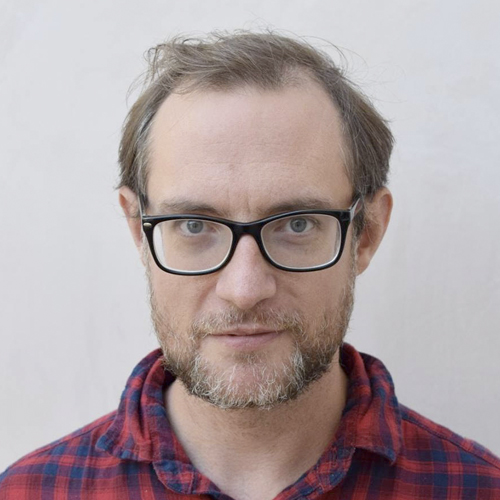
Jo Lindsay Walton
Science Communication

Jana Kleineberg
Graphic Design & Illustration
